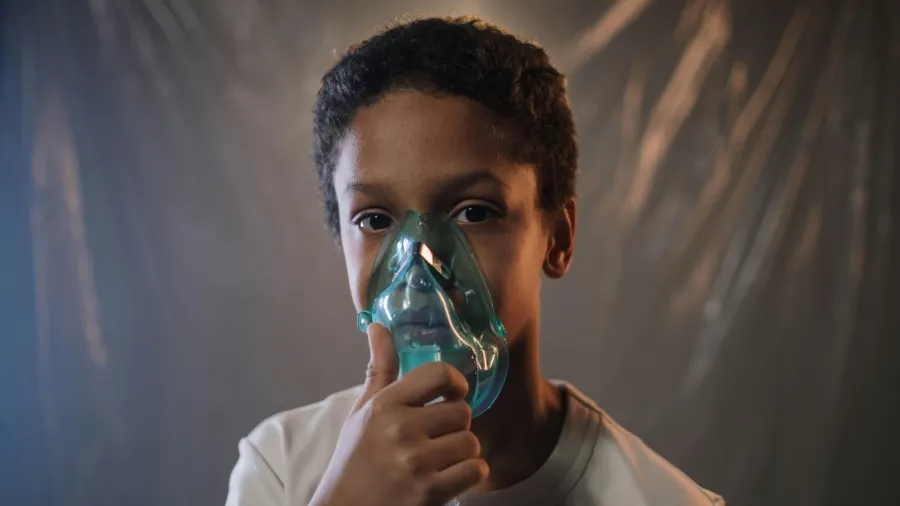
Challenges remain in treating T2-low asthma
Current treatments focus on eosinophilic asthma, neglecting non-eosinophilic types.
Developments in biologic therapies for severe asthma, challenges remain in managing T-helper cell type 2 (T2)-low asthma, a subtype lacking typical inflammatory biomarkers, according to GlobalData.
The company noted that the absence of eosinophils and immunoglobulin E (IgE) in T2-low asthma complicates diagnosis and treatment. Current treatments are also focused on eosinophilic and allergic inflammation, cutting down options for patients with non-eosinophilic or neutrophilic asthma.
“There is an urgent need for both reliable biomarkers and therapies targeting this neglected subset of asthma patients. Emerging therapies like depemokimab represent a hopeful step forward, but more research and development are crucial,” said Sravani Meka, senior pharmaceutical analyst at GlobalData.
“To truly address the needs of T2-low asthma patients, there must be a concerted effort to improve diagnostics, develop targeted treatments, and ensure better access to care. Only then can we achieve significant improvements in asthma management for all patients, regardless of their asthma subtype,” Meka added.
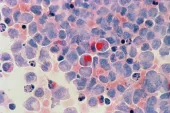

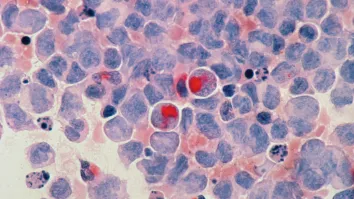
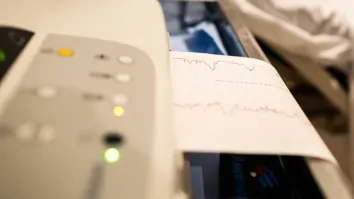
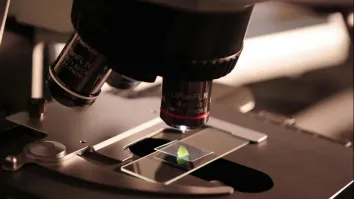














 Advertise
Advertise






